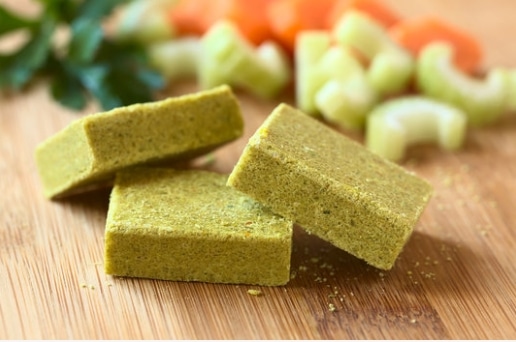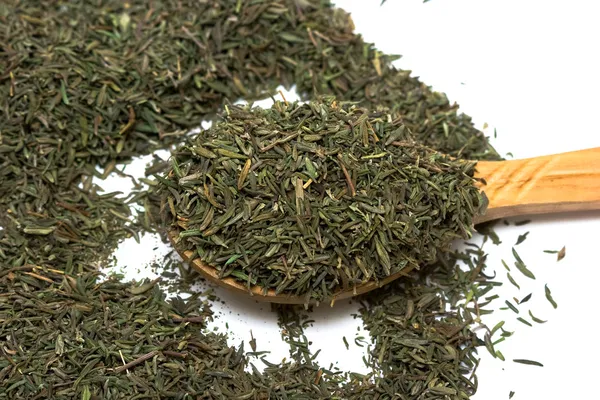Vocalists should know how to keep their voices healthy. The condition of your vocal health can affect your performance. Thankfully, it’s not that hard to keep your singing voice healthy. There are some really cool heath tips for vocalists that can help you keep your vocal cords in great shape.
Vocalists should take their vocal cords and health seriously because it’s an important facet of their profession. Do you know that smoking, overuse, tension, and screaming can damage your voice? Many people spend hours at the gym trying to keep their bodies in shape, so why shouldn’t you keep your voice in shape?

Here are some health tips for vocalists.
1. Always hydrate your voice by drinking enough water: Avoid caffeine and alcohol. Your vocal cords vibrate very fast, so drinking water always helps keep them lubricated.
Irritated vocal cords are caused by dry vocal cords, and that’s harmful to your voice. The more you drink water, the more your voice becomes better.
2. Always warm up your voice: It is very important to warm up your voice before singing. Start first by warning up your facial muscle. To do this, you have to loosen your lips and your jaw muscles by blowing through your lips, stick out your tongue, then massage your face and start sighing musically.
Don’t be alarmed that you’re making some noise when warming up. Allow your voice to wander up and down its range. Then proceed to hum. Once you notice that your face, mouth, and voice are loosening, start singing actual notes. This should take about ten to twenty minutes.
After a performance or lesson, you should take time to cool down. Do some assuaging lips roll, and it makes your voice to gently descend. Use five or ten minutes to get your voice back into its usual speaking range.
3. Eat Healthy: Eating a healthy diet that is good for your overall good health will also be good for your voice. Healthy foods for vocalists include, fresh fruits and vegetables that contain high water content and foods that hydrates you will help your vocal cords. You should also avoid anything sticky which create mucous like dairy and chocolate.
Always remember to keep your throat and neck muscles relaxed when singing. You should always do this even if you’re singing high pitches and low notes.
4. Don’t abuse your voice in any way: Stop yelling or shouting. Don’t talk loudly in places that are noisy. Reduce your voice use if you notice that your throat feels dry or getting hoarse. Hoarseness is one of the warning signs that your vocal cords are irritated.
5. Quit smoking if you’re a smoker: Smoking dangerously increases the risk of throat cancer. Your vocal cords can be irritated if you inhale smoke.
6. Stop clearing your voice constantly: It’s just like bashing your vocal cords together. Too much clearing of your voice can injure your vocal cords and make your hoarse. Always swallow in order to put out the urge to clear. Visit a doctor for a checkup if you always feel like clearing your throat every time. It might be acid reflux disease or sinus conditions.
7. Save your voice whenever you’re sick: Always know how your voice feels or what it is telling you. Whenever you are hoarse due to infection or cold, don’t talk much.
8. Always allow your voice to rest: A tired voice should be allowed to rest. Even if you’ve been working on a rehearsal or preparing for your performance, always allow your voice to rest. One study notes that intense preparation by a vocalist for performance was one the most likely causes of health problems for vocalists.
9. Don’t try singing if your voice hurts: Whenever you feel pain in your throat when singing, it’s telling you to stop. Give your vocal cord a rest, drink a lot of water, and get some sleep.
10. Always make sure that your environment is well ventilated. Whatever you are breathing in from your environment will affect your voice and throat. For example, a heated room with low humidity can cause your voice to dehydrate and could adversely affect your vocals.
Bottom Line
Vocalists need to keep their vocal cords healthy too, as it’s important to their profession. These are some dos and donts that can help vocalists
We hope that this list of ten health tips for vocalists will be useful to you.
Collins Nwokolo is a human physiologist, writer and health enthusiast. He loves writing helpful articles on health and fitness, which he enjoys sharing with everyone.









I am very passionate about vocal health! So many singers abuse their voice, but it’s so important to keep your instrument in pristine condition. (Because your voice is your instrument when you’re a singer.) Thanks for sharing this tips with the world! Hopefully they’ll help someone keep their precious voice intact!